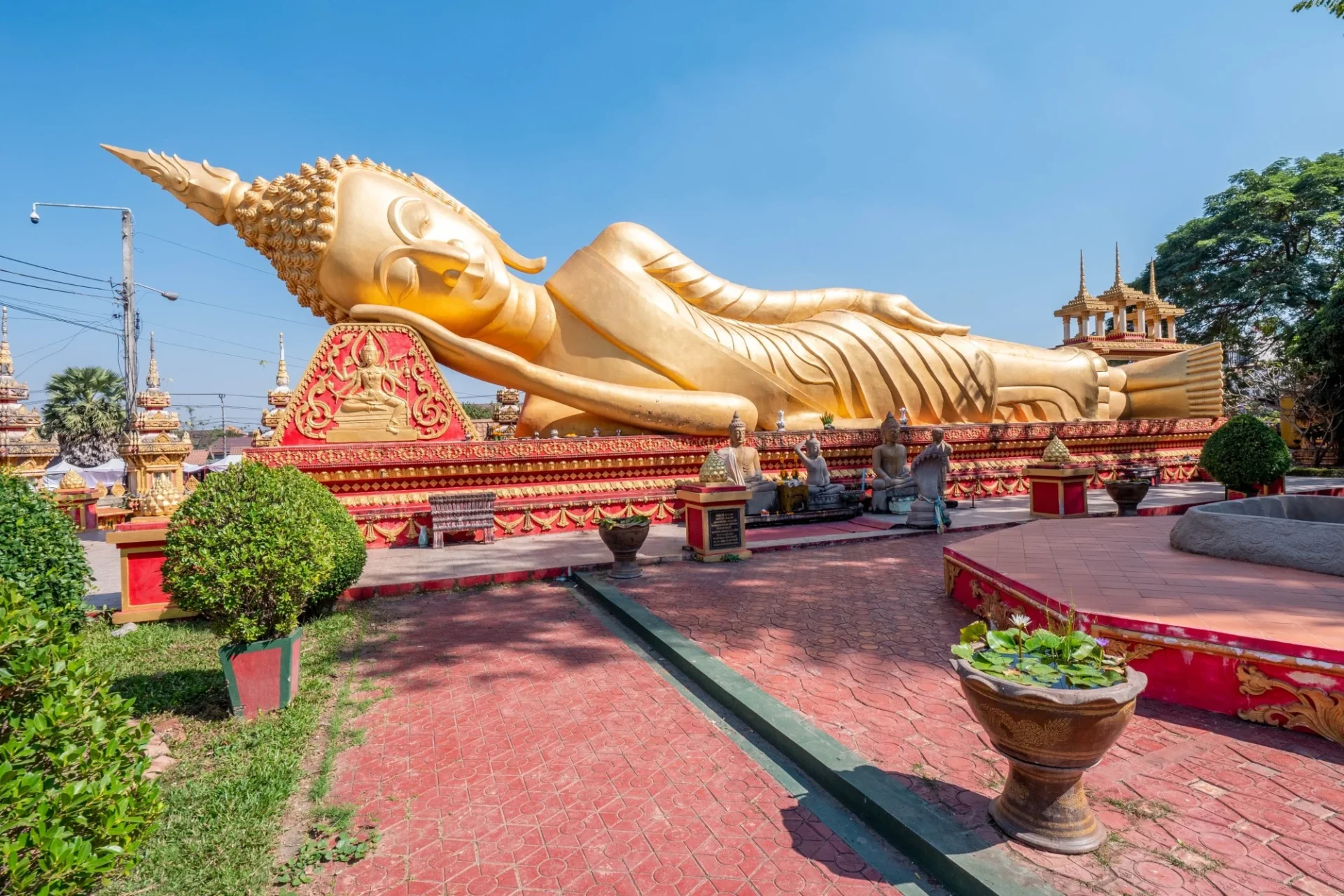Travelers to Kerala, south India, used to confidently book tickets to Trivandrum. However, since its name change to Thiruvananthapuram in 1991, some have struggled with the pronunciation, leading to amusing mishaps. This phenomenon of tricky place names is not unique to India; tourists worldwide often find themselves tongue-tied.
In Iceland, Eyjafjallajökull volcano gained global attention when it erupted in 2010, causing chaos for newsreaders. The BBC suggested “AY-uh-fyat-luh-YOE-kuutl-uh” as a close pronunciation. For an easier start, try Reykjavík, pronounced “Rake-ya-vick.”
Greenland challenges cruise passengers with Qeqertarsuatsiaat, meaning “the fairly big island.” A good approximation is “Keck-er-tar-wahs-see-aah.”
Sri Lanka has its share of tongue twisters, like Nuwara Eliya, pronounced “Nu-REL-iya,” a hill country settlement developed by British planters. The beach town of Trincomalee is simpler: “TRIHN-koh-mah-LEE.”
In Kyrgyzstan, adventurers revel in the rugged terrain but often stumble over the name itself: “KEER-ghiz-staan.” The 1,200km Pamir Highway, part of the ancient Silk Road, offers an extraordinary journey.
China’s Jiuzhaigou, a national park in Sichuan province, derives its name from a Tibetan legend. Pronounce it as “jiu-jai-goh.” Mongolia’s Ulaanbaatar, meaning “Red Hero,” is the world’s coldest capital. Locals say “oo-lahn-BAH-tuh.”
Thailand’s bustling Suvarnabhumi Airport is “su-WAN na-poom,” and the popular Sukhumvit area is “SOOK oom-wit.” Tourists often mispronounce Phuket as “FOO-get,” but it’s correctly “POO-get.”
In Laos, pronounced “Lao,” the capital Vientiane is “vee-en-CHAN.” Vietnam’s Huế is simply “hway.”
Taiwan’s Kaohsiung, known for its vibrant night markets and scenic Love River, is pronounced “gow-shung.”
In the United States, the Hawaiian island of Kauai rhymes with Hawaii and is “ka-WA-ee.” New Orleans is “noo-OR-lins,” not “nyoo-or-LEE-uhns.” Yosemite National Park is “yoh-SEH-mi-tee.”
Machu Picchu in Peru is straightforward, but Oaxaca in Mexico, known for its rich culture and cuisine, is pronounced “wa-HA-ka.” In Poland, Wrocław is “VROT-Swarv” and Łódź is “Wootch.”
Georgia’s capital, Tbilisi, pronounced “tib-lease-e,” is gaining popularity for its historic charm. Greece’s Thessaloniki is “thessa-lon-NEE-ki,” embodying a relaxed lifestyle summarized by the local term “halara.”
In the UK, Leicester is “Lester” and Bicester Village is “Bister.” At Oxford, Magdalen College is “MAUD-lin.” In Wales, Blaenau Ffestiniog is “bligh-na-fest-in-i-og,” while Ynysybwl is “ahn-ISS ah-bull.”
Ireland’s Dún Laoghaire is “DONE-leary.” In Scotland, Edinburgh is best pronounced as “ED-in-bruh” or “ED-in-burra,” but locals often abbreviate it to “EM-bruh.” Avoid the North American “EDIN-Burrow.”
Navigating these challenging names can be daunting, but mastering them can enhance your travel experience and bring a smile to locals’ faces.
READ MORE:
